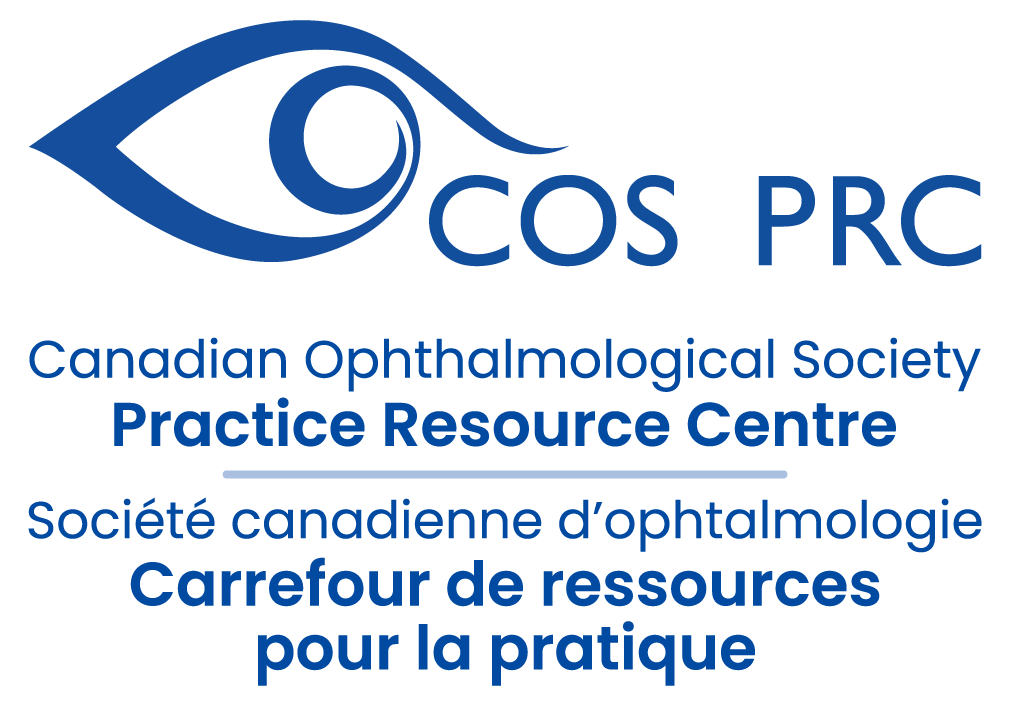Reviewed August 2022
The Canadian Ophthalmological Society (COS) and its subspecialty society, the Canadian Cornea, External Disease & Refractive Surgery Society (CCEDRSS), are committed to excellence in ophthalmology. Excellence requires adherence to the highest ethical standards in all professional activities, including marketing and advertising. Our guiding principle is that the welfare of the patient is paramount. Advertising is ethical when it informs and educates the patient, when it does not confuse or mislead, and when it augments – but does not substitute for – a full conversation between the patient and the surgeon. There is no substitute for patient counseling, which can only be provided in a one-on-one setting.
COS and the CCEDRSS believe that, as a form of patient education, advertising is governed by the ethical guidelines and policies that cover patient education, including the guidelines of the Provincial Colleges of Physicians and Surgeons.
In particular, we agree with the American Academy of Ophthalmology (AAO) that good patient education:
- Is clear, accurate, up-to-date and thorough;
- Avoids misleading statements;
- Is not overstated and does not instill unrealistic expectations in patients; and
- Serves as a springboard for the oral conversation with the patient.
COS and the CCEDRSS would recommend that our members conform to these standards.
We also agree with and would recommend that our members give consideration to the joint statement of the American Academy of Ophthalmology, the American Society of Cataract and Refractive Surgeons (ASCRS), and the International Society of Refractive Surgery of the American Academy of Ophthalmology entitled Guidelines for Refractive Surgery Advertising Policy.
No set of guidelines can anticipate every possible advertising claim or expression. Ultimately, advertising is an ethical matter, and we expect our members to conform to the highest ethical standards in advertising as in every other aspect of their practices.



